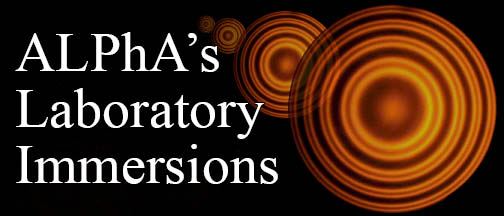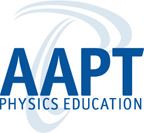- Home
- What We Do
- Laboratory Immersions
- Immersions 2021
- Imm2021Muhlenberg_MuonTelescope
Muhlenberg College (PA)
Particle Physics with an Inexpensive Muon Telescope
Dates: May 26, 2021 to May 28, 2021
Number of setups available: 2
------------------------------------------------------------------------------------------------------------------------------------------
Cosmic ray muons provide a pervasive and easily accessible source of high energy particles for experiments in the undergraduate laboratory. The activities we have developed culminate in the measurement of muon rates as a function of angle from the zenith and a comparison of these rates with a commonly quoted parameterization.
In addition to the pivotal role played by cosmic rays in the history of particle physics and in a variety of cutting edge ground and space-based experiments, muons created in the collision of cosmic rays with atoms in the Earth’s atmosphere are routinely used to research detector technologies and commission new detectors.
Students build the low cost cosmic ray “telescope” (consisting primarily of two cylindrical plastic scintillators, each mated to a silicon photomultiplier, used for coincidence counting) and signal processing electronics themselves. The guiding principles in the design of the activities include: Student construction of the apparatus, use of modern detector technologies (thus the silicon photomultipliers), implementation of the electronics in an open way that can be altered by the students (thus the use of solderless breadboards instead of printed circuit boards for most of the electronics), and low cost (the cost of a single setup is about $300). In addition, many parts of the detector are produced by low cost 3D printers, providing opportunities for students to design and produce parts themselves.
Participants in the workshop will construct a muon telescope, design and assemble the electronics, and take and analyze data over the course of the three-day workshop.
Mentor: Brett Fadem
Brett Fadem is a Professor of Physics at Muhlenberg College. In addition to teaching courses across the undergraduate physics curriculum and physics classes for non-science majors, he and his students perform research with the PHENIX collaboration, a group of scientists who have built a large detector on the Relativistic Heavy Ion Collider ("RHIC") ring at Brookhaven National Laboratory. The quark-gluon plasma, a state of matter in which protons and neutrons melt into their constituents (and the state of "nuclear" matter in the universe microseconds after the big bang) was discovered at RHIC in 2005. In recent years, he has focused his attention on developing low cost particle detectors for the undergraduate lab that are based on some of the same principles as the cutting edge detectors at RHIC and the LHC. For nearly ten years between high school and college, Fadem pursued an acting career in New York City, where he was trained by Uta Hagen and Herbert Berghof. He also enjoys playing violin.
Please note that the Jonathan F. Reichert Foundation has established a grant program
to help purchase apparatus used in Laboratory Immersions. Limitations
and exclusions apply, but generally speaking the Foundation may support
up to 40% of the cost of the required equipment.





